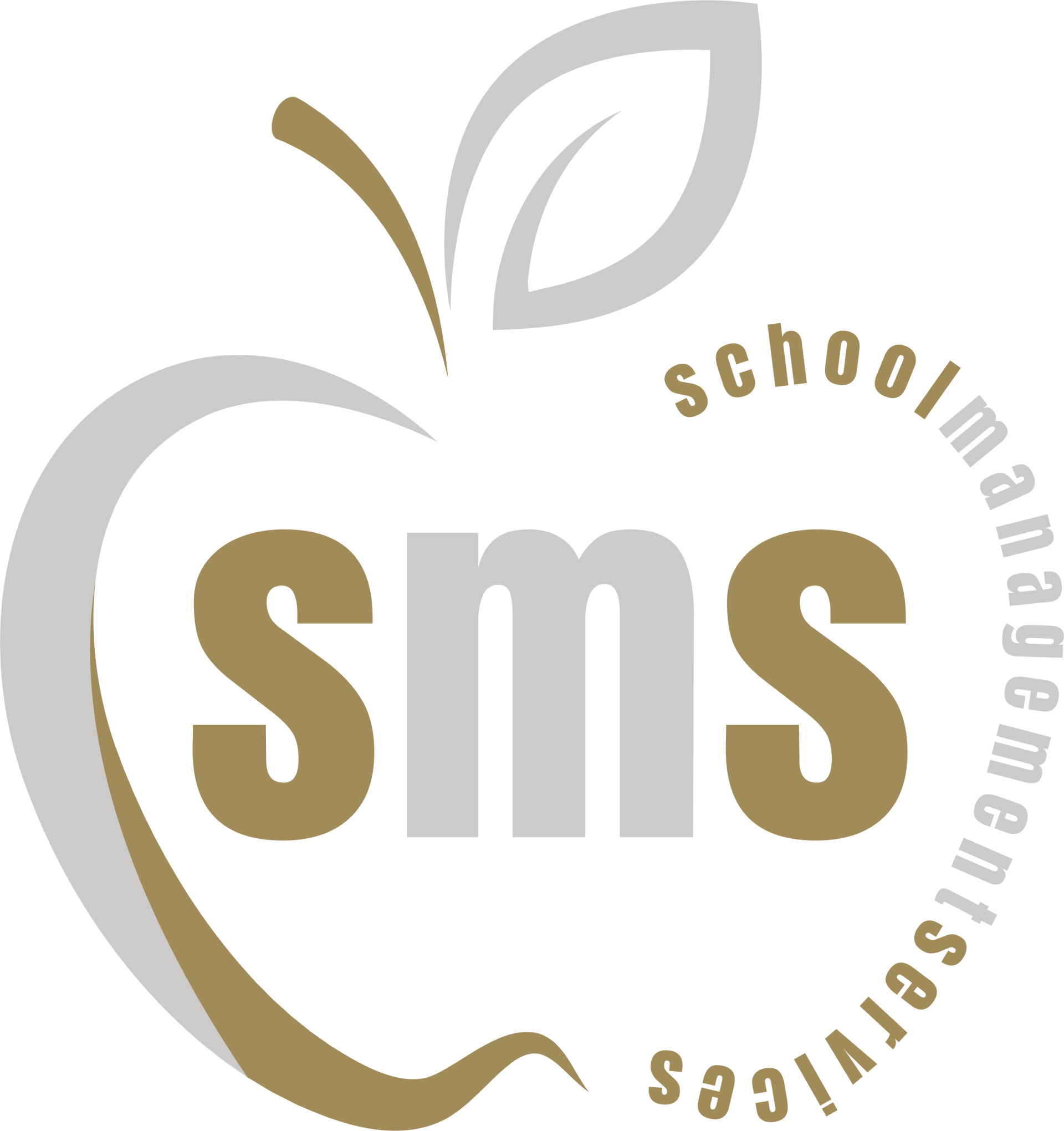Human Resources Services for Minnesota School Districts
You must have a good human resources team in place to properly manage your school district. School Management Services offers a full range of human resources solutions to our clients across the state of Minnesota — so that they can have the peace of mind they deserve knowing things are being handled with care.
Learn more about the different human resources solutions we provide below.
Handling every aspect of human resources for your district
EMPLOYEE DISCIPLINARY MATTERS
- Investigations
Allegations of employee misconduct need to be investigated thoroughly to assure the district meets its liability requirements, guarantees data practices compliance, and assures safety in the workplace. Consideration is given to employees with continuing contract rights, collective bargaining requirements, and veteran’s preference standards. Disciplinary measures need to be consistent and have a reasonable chance of changing the misconduct.
- Disciplinary Actions
Providing a written directive, a written reprimand, a performance improvement plan, or written notice of suspension is used to document an employer’s response to misconduct. Letters need to be specific, with adequate detail for future reference.
CONSULTATION
- Pay Equity/Comparable Worth Process
Districts must comply with the Local Governmental Pay Equity Act to eliminate any gender-based wage discrimination in public employment. Positions must be evaluated every four years, with a report submitted to the MN Department of Education.
PROFESSIONAL DEVELOPMENT & TRAINING
- Supervisor Training
In addition to instructional leadership skills, administrators need to develop knowledge, skills, and abilities in the supervision of staff. Training may include disciplinary process, conducting investigations, new employee orientation, veteran’s preference, health & safety, absenteeism, and workers compensation. Hiring practices, including background checks, nepotism, discrimination, veteran’s preference are areas of emphasis for all supervisory personnel.
- Board Training
Boards of Education often receive training on the negotiations process: developing proposals, public employee rights under PELRA, cost considerations, mandatory subjects of negotiations, union vs. nonunion rights; terms & conditions of employment.
MATERIALS DEVELOPMENT
- Job Descriptions
School Districts use a standardized system for establishing job descriptions for all positions within a district. Descriptions should include essential duties and responsibilities, work requirements and characteristics, physical requirements, and hazardous working conditions.
- New Employee Orientation
Districts need an established process for the orientation of new staff. A flow chart of the actions involved in acquainting new staff with expectations and practices helps avoid future liability.
- Benefits Documentation
Open enrollment forms for health, life, LTD, dental insurance are required within specific timelines, and within eligibility standards. Part-time and seasonal employees must have adequate documentation to comply with the eligibility requirements of the Affordable Care Act.
- FMLA Documentation
School districts must maintain careful records of employee absences for FMLA eligibility. Criteria for absences, calculation of days, and coordination with the MN Parental Leave Act require careful structures of documentation.
- COBRA Documentation
As an extension of insurance enrollment, a process for the continuation of benefits must include written notification within specific timelines.
NEGOTIATIONS
- Teacher Negotiations
Teacher negotiations are completed within the legal parameters of the Public Employee Labor Relations Act (PELRA). Interest-based bargaining, traditional bargaining, or blended approaches may be utilized to bring a collective bargaining agreement to completion. Contract analysis, input gathering, and development of district proposals are critical to the success of the negotiation process.
- Other Union Negotiations
Employee groups may also be represented by Education Minnesota, AFSCME, AFLCIO, SEIU, or other labor unions. Employee groups typically have a field representative present to assist with the negotiations process, and districts often choose to have outside representation as well.
NONORGANIZED
- Group Negotiations
School districts often employ groups of employees with similar responsibilities that are not organized into a collective bargaining agreement, nor members of a union. Districts may choose to work individually with these employees to develop terms & conditions of employment, or may craft a group agreement that is submitted to the School Board.

